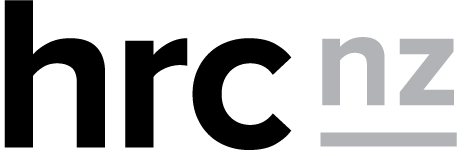Ideas funding
This funding supports research that is excellent, innovative and impactful. These research ideas are initiated by lead investigators and align with the broader ‘health research attributes’ outlined in the New Zealand Health Research Prioritisation Framework.
Current funding opportunities
2026 Explorer GrantsApplications open
Our Explorer Grants provide seed support for researchers with transformative, innovative, exploratory or unconventional research ideas that have a good chance of making a revolutionary change to how we manage health in New Zealand. These grants are available in any health-related field (e.g. basic, clinical, behavioural, social, public health, kaupapa Māori, Māori health, Pacific health, and translational sciences) and are worth $150,000 for a term of up to 24 months.
Recent funding opportunities
2025 Health Delivery Projects
The Health Delivery Project grants provides support for health delivery research of varying values and durations. The research must be connected to health delivery at a practice, policy or system-level. At a minimum, this requires having Named Investigators based in healthcare delivery settings with involvement to shape the research need, undertake the research, and identify translational potential. The HRC expects to fund a range of grant values and durations up to a maximum term of 5 years and a maximum value of $1.4 million.
2026 Programmes
Programme Grants support high-performing teams to undertake a programme of health research in an area of importance and priority for New Zealand. Research programmes are required to have a clear strategic goal, with specific research objectives that can tangibly contribute to improved health outcomes in New Zealand and/or demonstrate the potential to make a significant breakthrough within a field of research. Meaningful collaboration with others to collectively achieve health gains and deliver maximum value for the New Zealand’s public investment in health research is strongly encouraged. Up to $5 million is available over five years.
2026 Projects
We offer funding of up to $1,200,000 for research projects that have the potential to vastly improve the health of New Zealanders. Projects can cover a diverse range of areas, from biomedical and public health to clinical studies. Most projects have a term of three years, but we can negotiate terms of up to five years.
